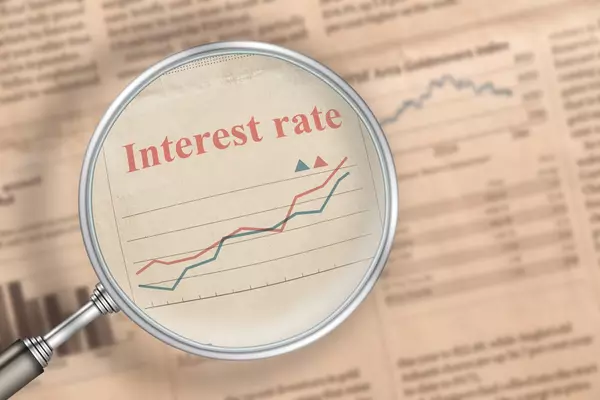

Stay Ahead in Today’s Market: Why Pre-Approval & Working with One Agent Give You the Best Advantage
Stay Ahead in Today’s Market: Why Pre-Approval & Working with One Agent Give You the Best Advantage In a competitive real estate market, timing, preparation, and strategy can make all the difference. If you’re planning to buy a home, two steps can dramatically improve your chances of success: gettin
Read More

Back to School, Back to the Market: Why Now is a Great Time to Buy or Sell a Home
Back to School, Back to the Market: Why Now is a Great Time to Buy or Sell a Home When summer winds down and the back-to-school season begins, the real estate market shifts into a unique sweet spot. Whether you’re a buyer looking for the right home or a seller aiming to make a move, this time of yea
Read More

How to Use Your Home Equity to Upgrade—Without Increasing Your Monthly Payment
In today’s market, many homeowners are sitting on thousands in equity without even realizing it. If you’ve owned your home for a few years, rising home values may have built up significant equity—money you can tap into to buy your next home. And here’s the best part: You may be able to move into a n
Read More

What you should know about interest rates when buying a home this year!
Are you thinking about purchasing a home this year? If so, you're likely keeping a close eye on interest rates, wondering if now is the right time to make your move. Interest rates play a crucial role in the affordability of a home, and it's understandable that you'd want to secure the lowest rate p
Read More
- 1
- 2
Recent Posts










